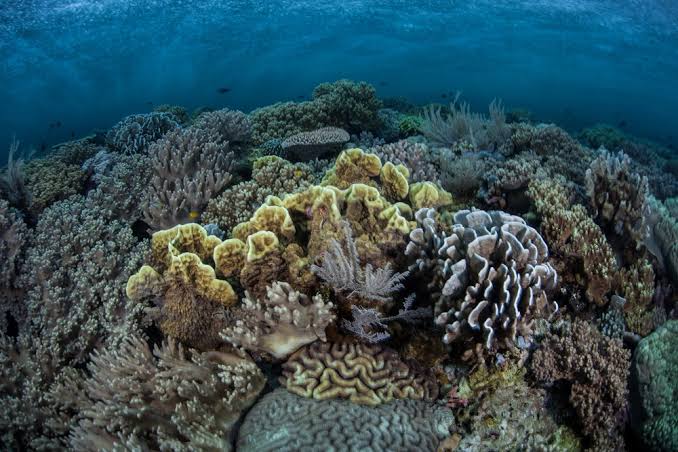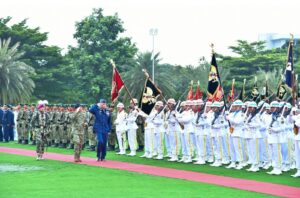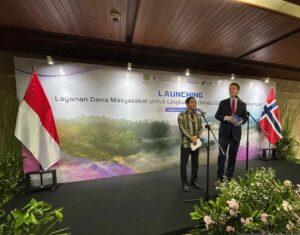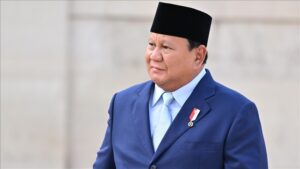Jakarta Government Implements GIS Technology for Marine Ecosystem Monitoring

Jakarta, The Gulf Observer: The Jakarta provincial government has introduced a Geographic Information System (GIS) to enhance the monitoring of the marine ecosystem and ensure the optimal use of marine spaces. Suharini Eliawati, Head of the Jakarta Food Security, Maritime Affairs, and Agriculture Service, announced the initiative, stating that GIS technology is being utilized to map marine zones and monitor the conditions of various ecosystem locations.
Eliawati emphasized that GIS technology will enable more accurate mapping of marine spaces, facilitating efficient management and allowing for rapid responses to environmental changes. “Economic activities, such as marine tourism and fisheries, can coexist with conservation efforts,” she noted, highlighting the dual objectives of economic development and ecological preservation.
Currently, a prototype of the GIS technology is integrated into the JakOcean application, which is under continuous improvement. This innovation is part of a broader initiative aimed at developing an integrated approach to marine management in Jakarta.
The initiative responds to pressing challenges faced in Jakarta’s waters, including conflicts over space utilization, environmental degradation, and the need for cohesive policies. Eliawati outlined that the project aims to bolster the economic potential of marine resources while safeguarding coastal ecosystems, aligning with the vision of a sustainable blue economy.
The Jakarta administration aims to enhance the welfare of coastal communities and increase the contribution of the blue economy sector to the region’s Gross Regional Domestic Product (PDRB). Over the long term, the program is expected to boost coastal incomes by up to 20 percent and create additional employment opportunities in the marine sector.
Moreover, the initiative aims to reduce carbon emissions and improve marine ecosystems, positioning Jakarta as a model for implementing blue economy principles in coastal urban environments. “Through sustainable marine space management, we want Jakarta to become a global city that prioritizes environmental sustainability,” Eliawati concluded.


